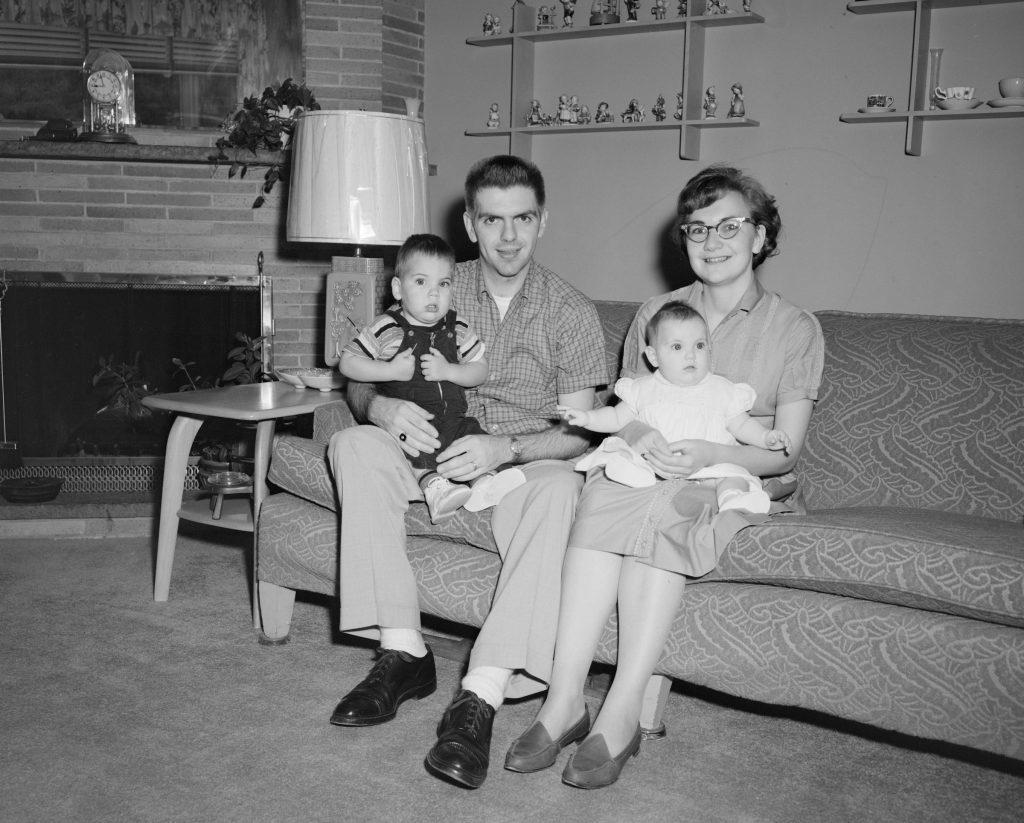Self-Knowledge • Trauma & Childhood
Should We Forgive Our Parents or Not?
For many of us with troubled childhoods marked by trauma and distress, one of the major theoretical problems of adult life, as we struggle to find closure and poise, is: should we forgive our parents for the past — or not?
We’re likely to be pulled in two contrasting directions. At one level, a sense of inherent loyalty means that we would very much like to be able to let bygones be bygones. Especially as we watch our parents diminish in strength and lose status in the world, it seems unfair to them to keep directing an impotent rage towards them and to behave in ways that were anchored in quite different power dynamics and circumstances.

At the same time, we may experience a powerful urge for loyalty in another direction, loyalty to a younger self who got badly bruised and still isn’t always very well as a result. We want to bring our child selves justice and understanding — even at the cost of family harmony. What’s more, a simple meal or holiday is — whatever the diminishment of the parent — still likely to catapult us back into the child-like role (with all the attendant humiliation and misunderstandings), even if we are now well into middle age and, in all other areas, fully competent and self-possessed.
To resolve the conundrum, we might apply to personal relations a well-worn principle from relationships between countries. We know that peace treaties and apologies at state level rely not on idle aspirations but on something very concrete: a sense on behalf of the injured nation that its former aggressor understands, properly understands, what damage it did. And is sorrowful and deeply keen on restitution.
When this is in place, when one party is actively apologising and getting curious about the injuries they committed, then peace is a possibility. The enmity can be buried: there can, in time, be joint holidays and festivities. The traumatic past can be let go of.
Much the same is true at the personal level. Here too, forgiveness comes easily when we are clear that the parent has changed. We learn to let things go when parents have taken active measures to understand and rectify problems; when they are no longer who they were when the damage occurred.
But in so far as parents seek to hold on to their record, in so far as they defensively insist that they regret nothing and would do exactly the same today, then there can — and should — be no reconciliation or harmony.
The way to unblock our indecision is clear. The roadmap has been laid down for us to see in the political world. We should be entirely ready to forgive those who are ready to accept their errors. And as ready not to forgive those who don’t. It is as simple — and as complicated — as that.


























